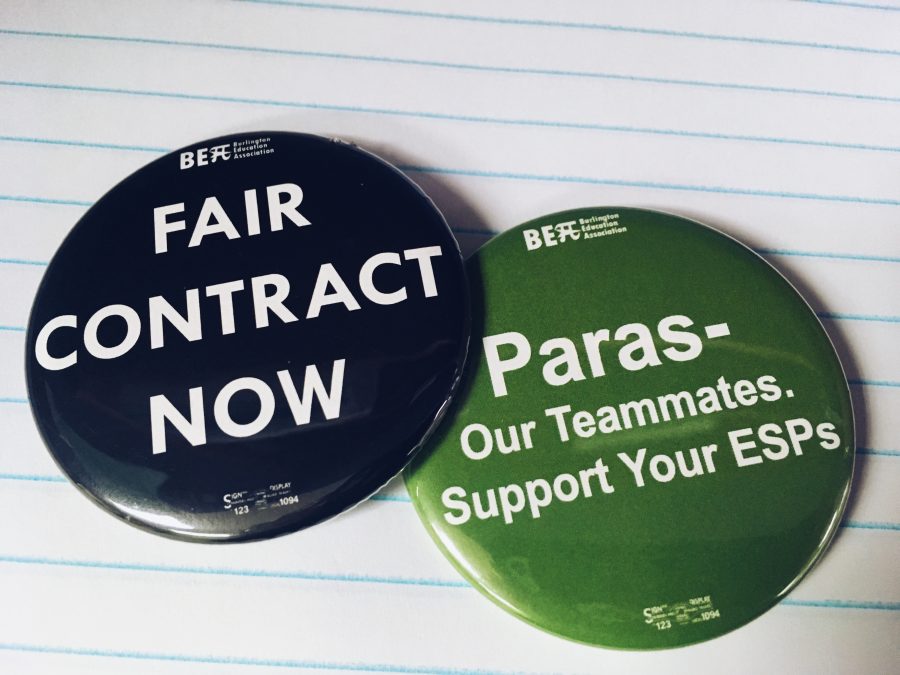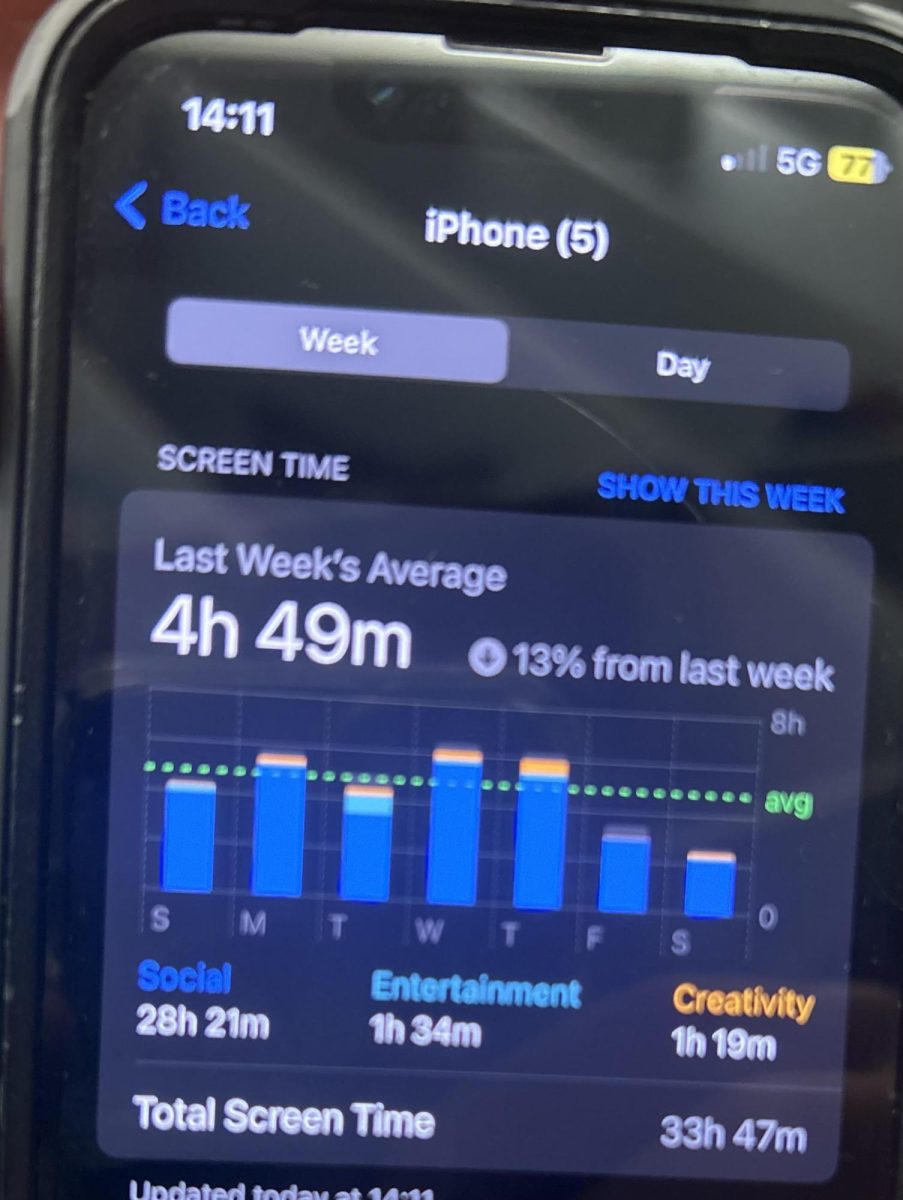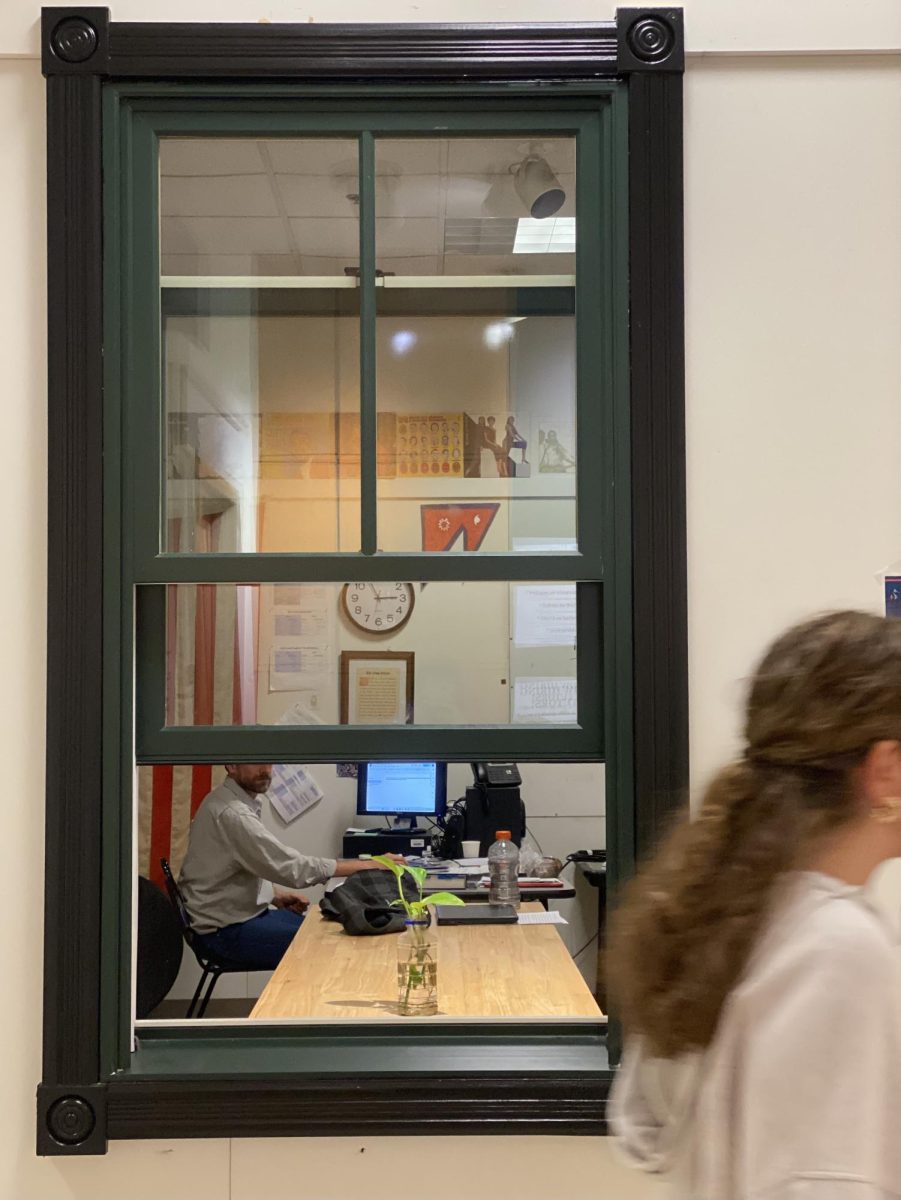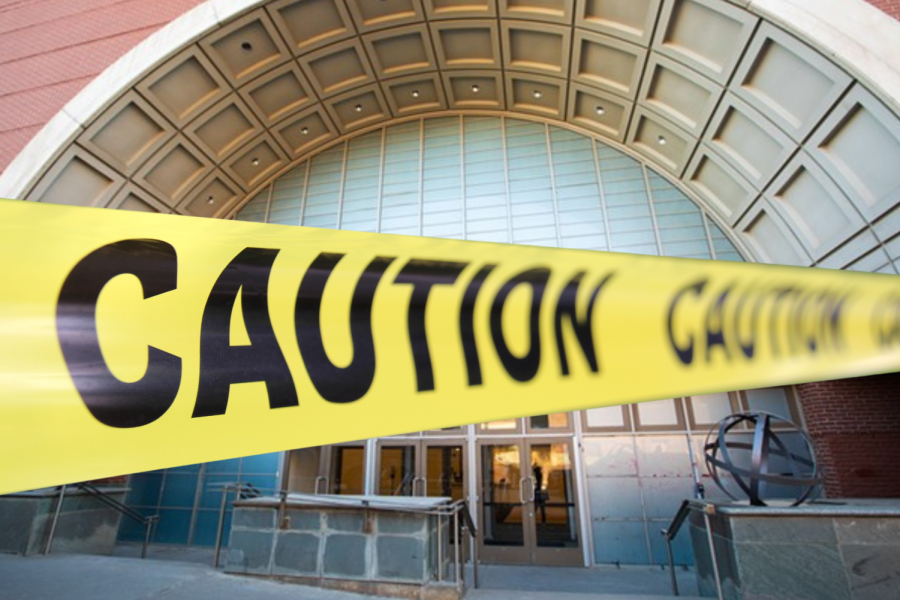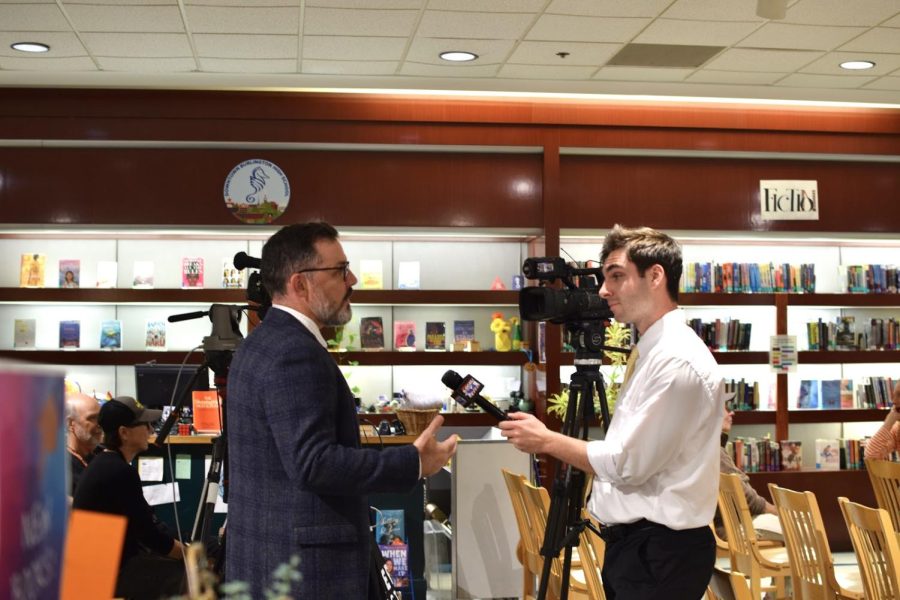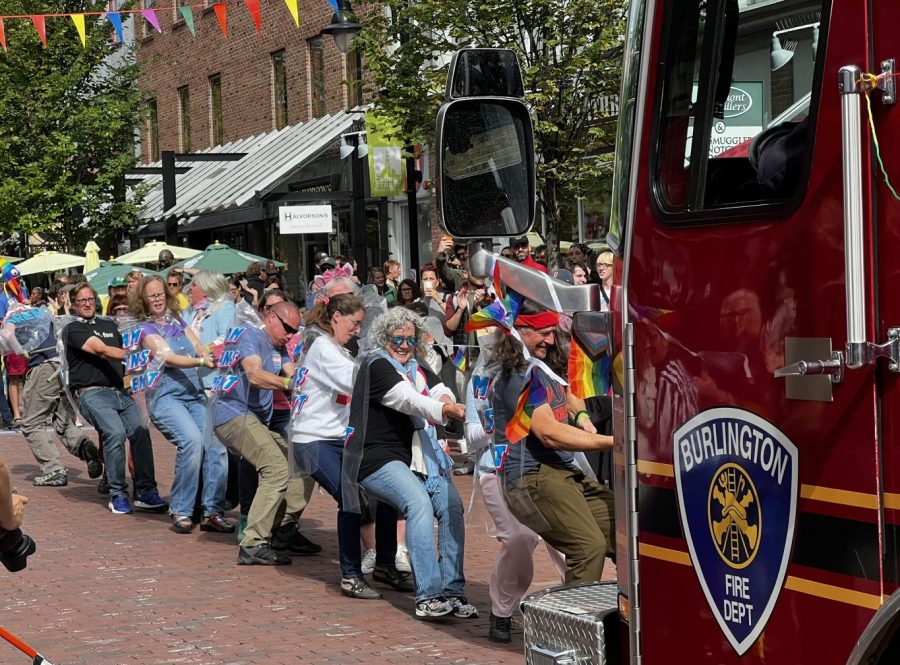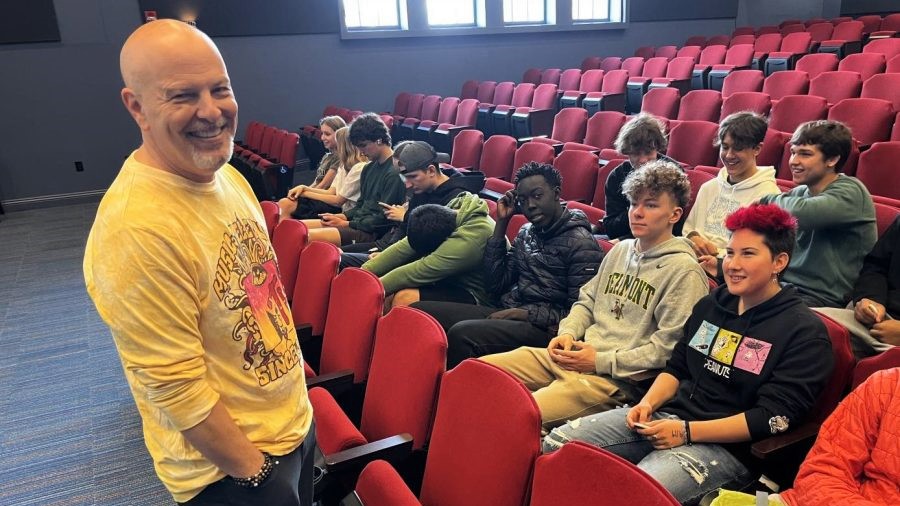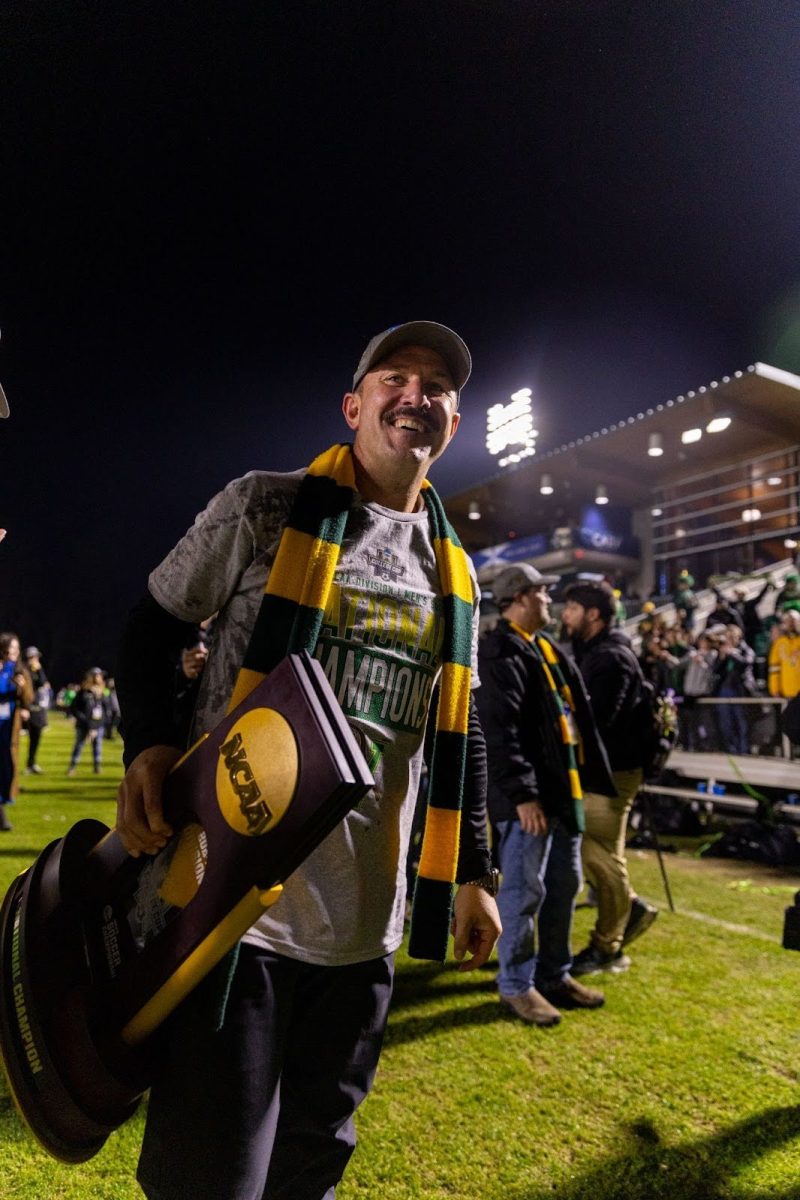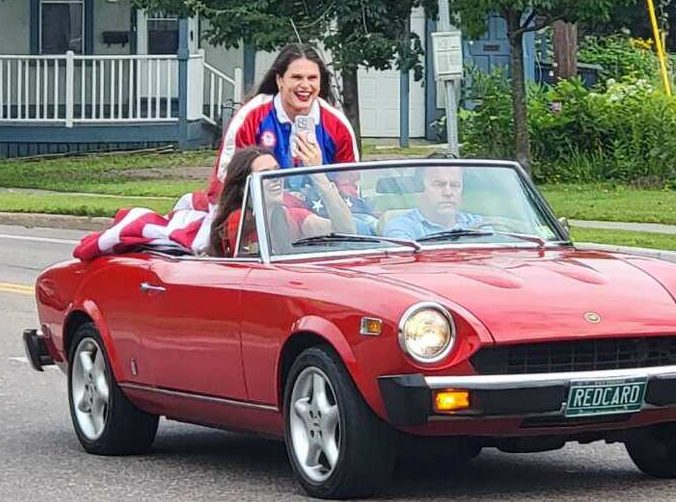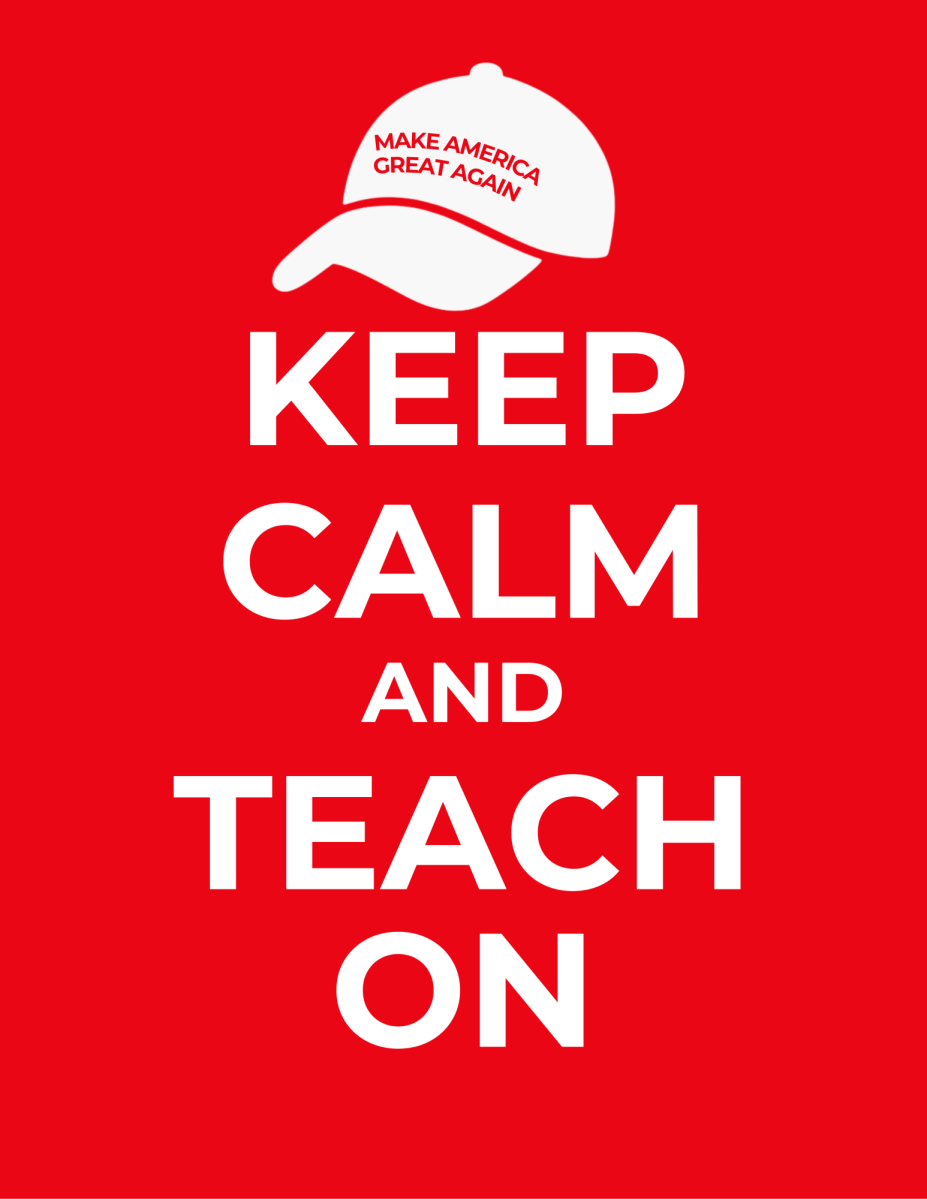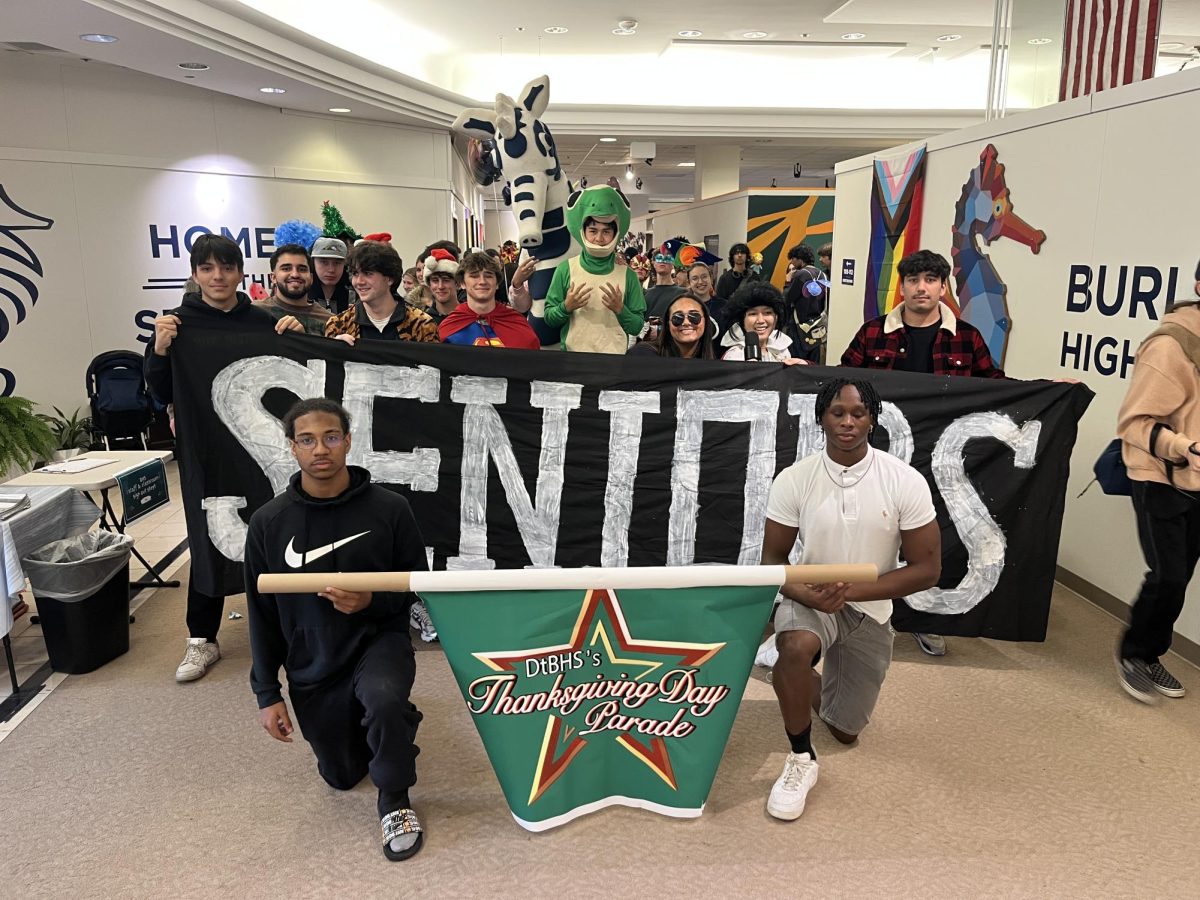By Lucy Govoni and other Register Staff
This article was updated on November 29 at 10:06 P.M. to reflect the correct degree requirements for paraeducators.
________________________________
Since August 14, 2017 paraeducators in the Burlington School District have been working without a contract.
Both paraeducators and teachers belong to the Burlington Education Association (BEA); however, they work under separate contracts. The different contracts meant that during the September 2017 Burlington teacher strike, paraeducators had to go to work in empty schools. The first day of the strike paraeducators worked at schools without students; however, the following three days were treated as snow days and paraeducators did not report to schools.
The Burlington School Board and the BEA have reached an impasse on the paraeducators contract and a mediation session is tentatively scheduled for December 7.
Donna Moody has been a paraeducator for JJ Flynn for 18 years. She is also the lead negotiator for the roughly 150 paraeducators employed in Burlington. Moody is frustrated with the lack of respect for the process.
“I’m not sure how much the public knows. I’m not even sure how much the actual board knows. I’m quite sure that Yaw [Obeng, superintendent] is aware of the situation, but I’m not sure how much the board has paid attention, or if they’re interested,” Moody said.
One of the issues in the present contract that many paraeducators are fighting for is affordable health care.
“The biggest problem that ended negotiations was the insurance. [We] just need to be able to negotiate with the district on a fair contract for paraeducators and right now that isn’t happening,” Moody said.
Fran Brock, President of the BEA, said wages and health insurance are a matter of respect and care.
“One of [the paraeducators’] biggest problems is that they’re not even earning enough to pay for their insurance. One of the concerns is if their contribution to the insurance is too high that they have to pay the district to work, and we want to correct that. They deserve better wages and they deserve better hours,” Brock said.
Brock said that the Burlington School District does not have many incentives for paraeducators to stay in the district. She said that the district seems to be a “revolving door” regarding paraeducators due to the fact that the pay is low and the work is hard.
“Why should anybody work in a district where there seems to be sort of a disrespect and a disregard for the employees?” Brock said.
After witnessing the school board impose working conditions on the teachers two years in a row, a team of paraeducators is organizing to prepare for this possibility.
“The crisis committee is there to mostly get paras involved, [to] make sure they’re aware and to start making sure that we’re letting our neighbors and school board members know that there’s a problem here and [that] we need to be heard,” Moody said.
The crisis committee is working to convey information within the organization, but many paraeducators are more concerned with central office and the school board hearing and understanding their concerns.
“The administration and school board seem to repeatedly demonstrate, I’m not sure if it’s even a disinterest, but they seem disinclined to get things done in a timely manner and it’s killing morales in the schools and they don’t seem to care that the morale is so low and the employees of the district are feeling very frustrated, very discouraged because of the inaction at getting these things resolved,” Brock said.
Moody, who has negotiated previous contracts, says this negotiation has felt different.
“It hasn’t felt as respectful as it has in the past,” Moody said.
Brock says that the school board and the community may not understand the role paraeducators play in the schools.
“We really have to show more respect to the paraeducators,” Brock said. “They create teams with teachers to work with students. They are responsible for some of our most vulnerable students.”
On November 14, paraeducators and teachers attended the monthly school board meeting. Andrew Styles, the Vice President of the BEA and a fifth grade teacher at Edmunds Elementary School, addressed the board during public forum.
“Many of our educational support professionals (ESP, paraeducators) are working two or three jobs to make ends meet. They are dedicated to the success of our students and our schools; however, the district has been doing very little to attract and retain professionals for our students,” Styles said.
Styles said that the issue is not simply about compensation.
“We see ESP positions that remain unfilled over the course of a year, stretching the dedicated ESPs we have. Students go without one-on-one services which are required for the implementation of IEPs. This is a tenuous position for our educators and especially our students,” Styles said.
The school board did not respond. “Board Reflections”, which historically follows “Comments/Questions from the Public”, was not on the agenda for the November 14 meeting.
The Burlington School District did not reply to multiple requests for comment. Mark Porter, Chair of the Burlington School Board, declined to comment.



